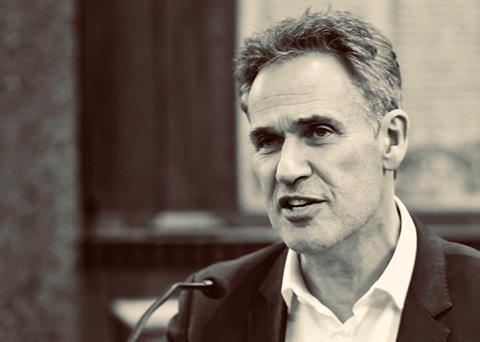One of the longest job tenures in public life will come to an end with the announcement that Professor Richard Susskind is to step down as technology adviser to the lord chief justice. The futurologist and author has provided advice to six successive chief justices since his appointment by Lord Bingham in 1998.

In an announcement yesterday, HM Judiciary said that Susskind has informed lady chief justice Carr of his decision to leave the post. Susskind said: 'The last quarter of a century has seen the judiciary evolve from having almost no basic technology (even computers, email, web access) to the present day, a new era in which the top judges now energetically support "digital justice". It has been the great privilege of my career to advise the senior judiciary on the relentless march of legal and court technology.'
The lady chief justice said: 'I am enormously grateful to Richard for his contribution during a time of incredible advancement in technology. His highly valued advice, provided for many years and to many senior judges, has allowed the judiciary always to keep pace with the most significant technological developments where they might impact our courts and tribunals. Richard’s considerable expertise has instilled a deep understanding of the pertinent issues within the judiciary, laying the strongest of foundations for so much of our work today.’
Susskind, 62, graduated in law from the University of Glasgow and completed an Oxford doctorate on IT and the law, focusing on the then-cutting edge AI technology of expert systems. His books include the provocatively titled The End of Lawyers?, Tomorrow's Lawyers and The Online Court and the Future of Justice, which is seen as central to the thinking behind the current civil justice reform programme. Earlier this month he led celebrations of the 50th anniversary of the Society for Computers and Law, of which he is president.
This article is now closed for comment.





























21 Readers' comments